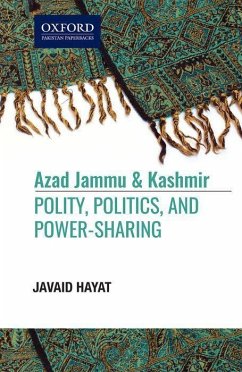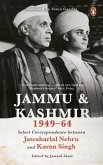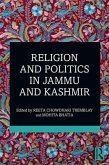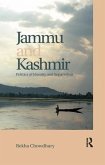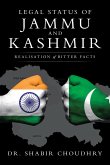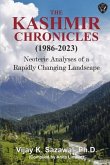Azad Jammu & Kashmir: Polity, Politics, and Power-Sharing explores the opportunities and pitfalls of establishing democracy and legitimate governance in territories with disputed status, especially where governance systems are fragile and the process of democratization is hindered due to socio-political fault-lines. Apart from probing the decolonisation process in the Indian subcontinent and its subsequent implications, the analyses in this study, adds clarity to our understanding of the status and sovereignty of Azad Jammu & Kashmir (AJK) by using a historical and constitutional perspective; for this purpose, it investigates political and constitutional evolution since 1947. It examines contemporary power-sharing theories and alternatives for the establishment of an autonomous governance structure in order to proceed towards meaningful conflict-management and hence a stable democracy in deeply divided societies, with particular focus on AJK. Javaid Hayat has identified innovative pathways amongst nexuses of sovereignty, autonomy, and democratic governance and has persuasively argued for an alternative model through recognition of internal right to self-determination for building veritable autonomous democratic governance structure in the disputed territory of AJK until an opportunity presents itself for an external right to self-determination as provided to the people of the erstwhile state of J&K, which was promised by the UN and agreed to, by both India and Pakistan.
Hinweis: Dieser Artikel kann nur an eine deutsche Lieferadresse ausgeliefert werden.
Hinweis: Dieser Artikel kann nur an eine deutsche Lieferadresse ausgeliefert werden.

